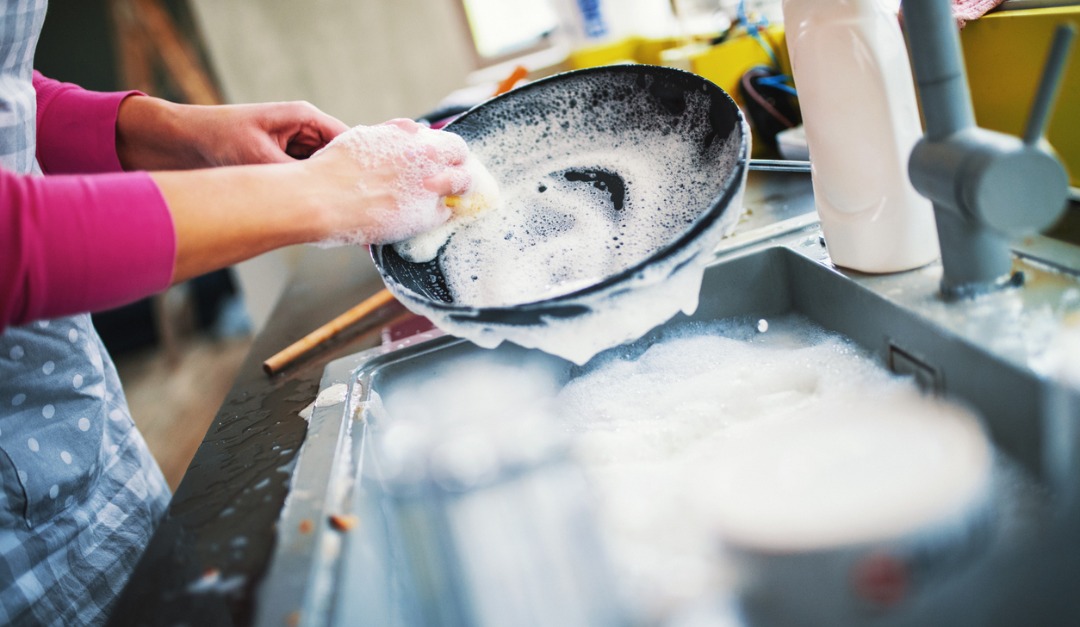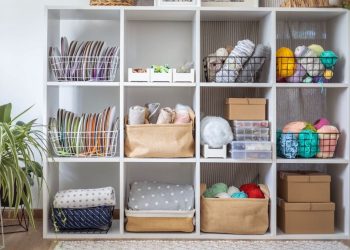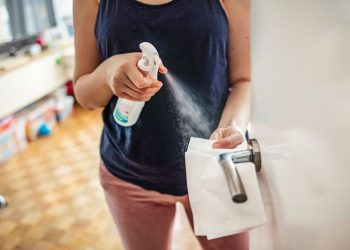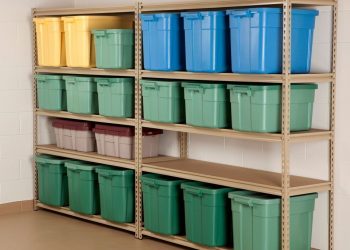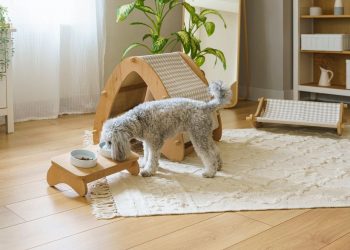Nonstick cookware is a staple in the kitchen. Used to produce high-quality recipes, this cookware can turn a simple meal into a gourmet dish. It is important to properly care for these pieces, as they can be ruined quickly. Here’s everything you need to know about how to properly clean and care for your nonstick cookware and bakeware.
Never Before Used
Whether you treated yourself to a new nonstick pan or were gifted one, the first step is to wash your newly acquired cookware. Start with hot, soapy water and rinse it well. Most kitchen gurus and chefs recommend that even before the first use, to season the pan. To do this, lightly coat the surface with any type of cooking oil, such as olive or vegetable oil and wipe it clean with a paper towel. Now you’re ready to start cooking!
After Each Use
Once you’ve cooked your first, second or hundredth meal on your nonstick cookware, washing it is vital. Never, ever put your nonstick cookware in the dishwasher, as this can cause warping and rust. Cleaning it after each use will ensure the quality and performance. Cooked food left on the cookware can carbonize and become even harder to see when cleaning.
Essential Supplies
All you need to clean your nonstick cookware is hot, soapy water, dish detergent sensitive enough to wash your hands and either a washcloth, sponge or nylon scrubber. Avoid any sort of brillow pad or steel wool, as this can scratch and damage the surface of the pan.
The Cleaning Process
Once you have all of your supplies ready, soak your completely cooled cookware in warm water for a few minutes. Next, you want to gently scrub hot, soapy water into the pan with your washcloth or nylon sponge. To be sure you cleaned your pan thoroughly, repeat this process twice. Lastly, simply rinse and remove from water. Dry completely, preferably using a clean, dry cloth, before putting away or using again.
For longer lasting, high-quality non stick cookware, proper care is extremely important. Store it away from items that can scratch or damage it and be sure it’s placed in a cool, dry place, like a cabinet or drawer, away from the oven. Remember to only use plastic utensils on these items, as metal can scratch the surface. By following these simple care instructions for your nonstick cookware and bakeware, you can guarantee a long lifespan and delicious recipes the whole family will enjoy.



